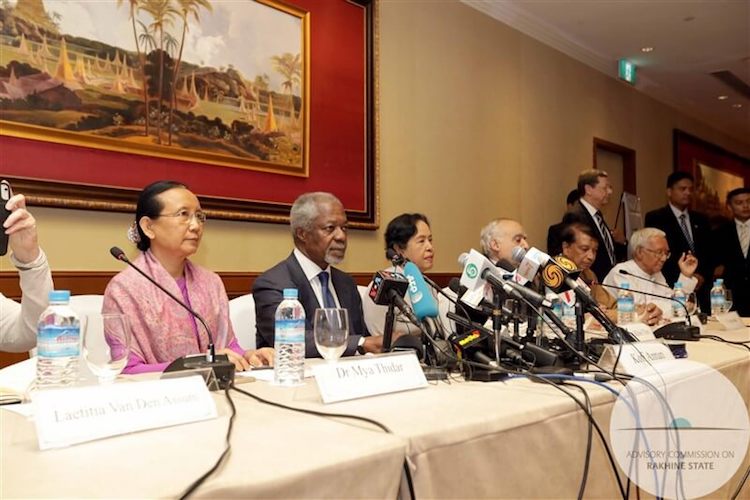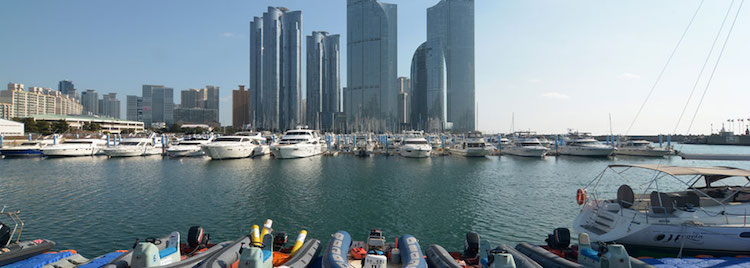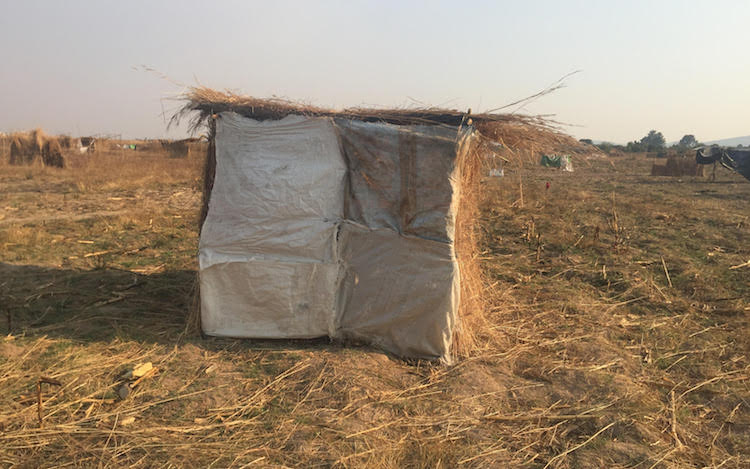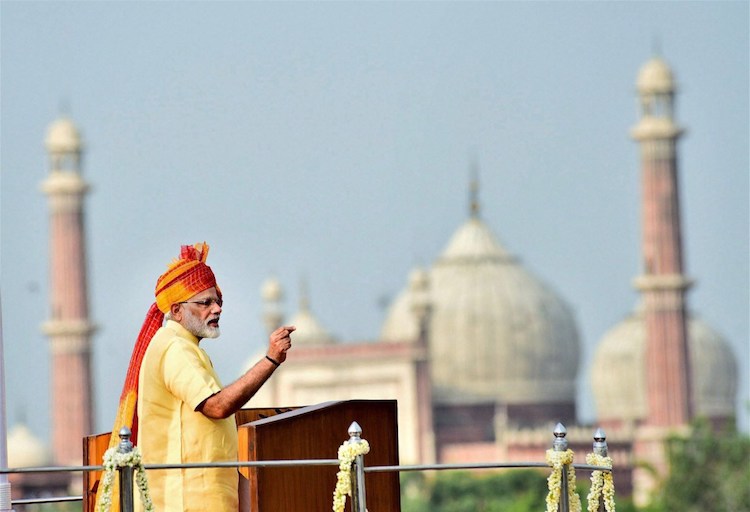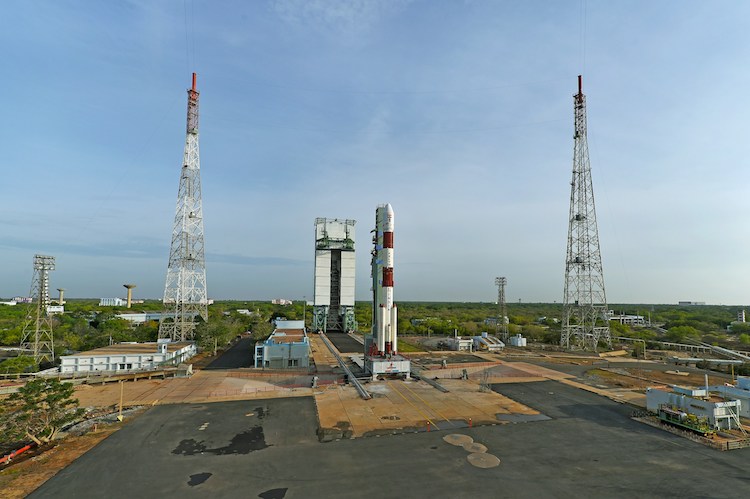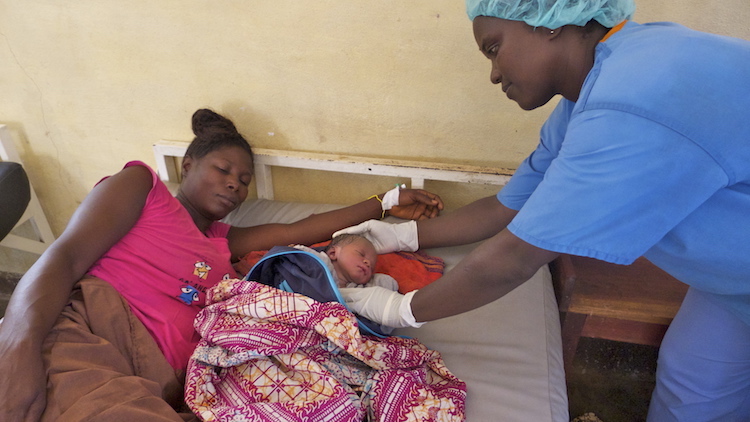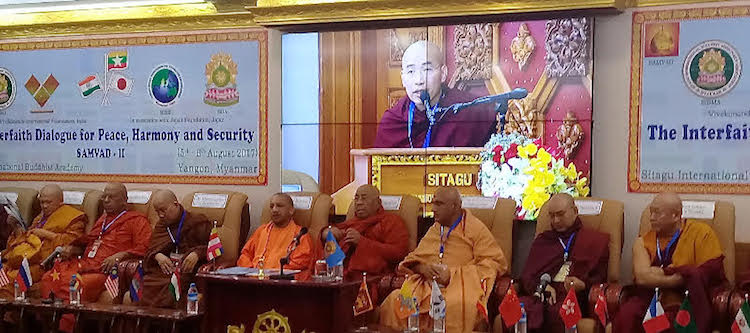By Ye Htut*
Ye Htut was the Minister for the Ministry of Information of Myanmar (formerly Burma) from 2014 to 2016 and spokesperson for the President from 2013 to 2016. He previously served as a Lieutenant Colonel in Myanmar Army.
NAYPYIDAW (IDN-INPS) – On August 23, 2016 Myanmar’s de facto leader Daw Aung San Suu Kyi announced the formation of an Advisory Commission on Rakhine State. This Commission, established on September 5, 2016, is led by former Secretary-General of the United Nations, Kofi Annan, and with three international and six Myanmar experts as members of the Commission.

